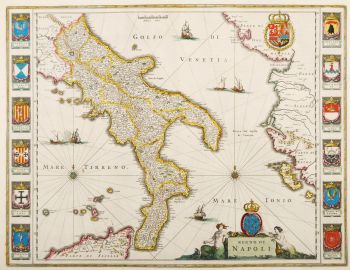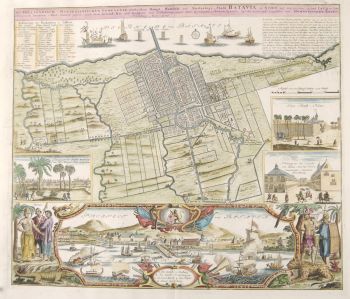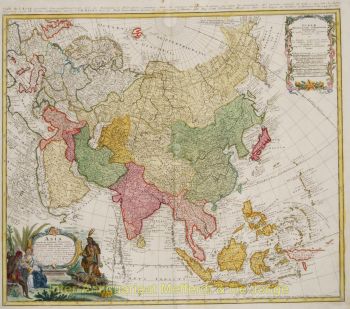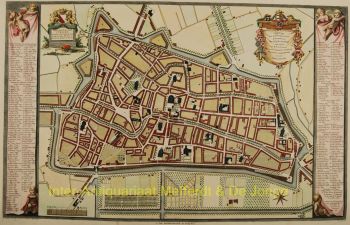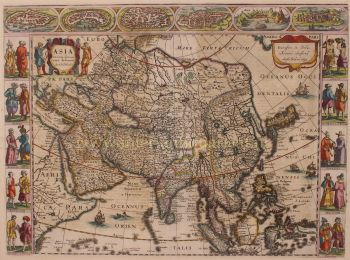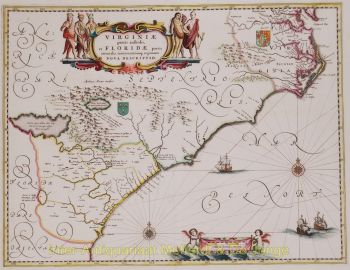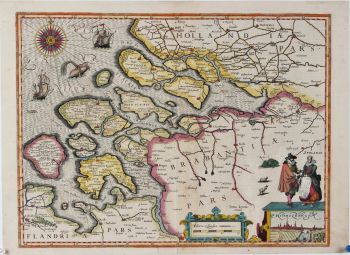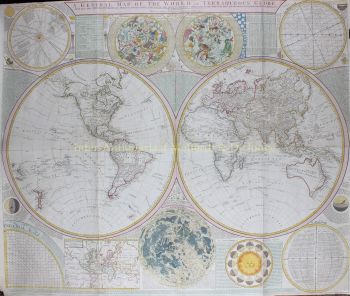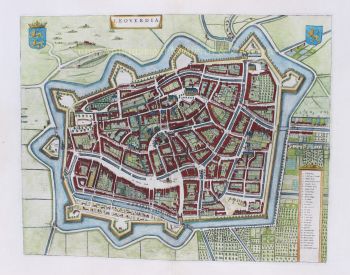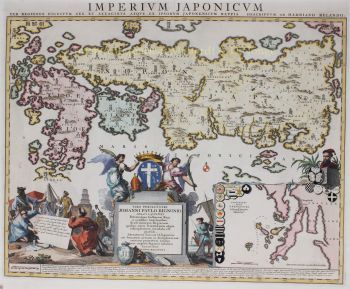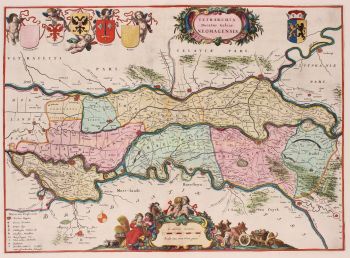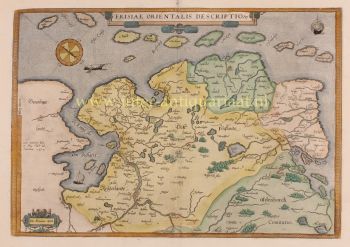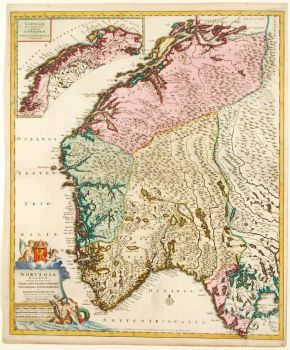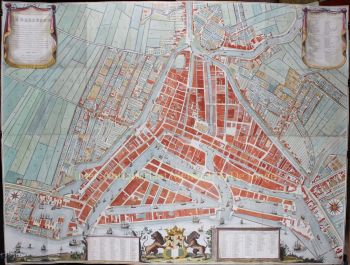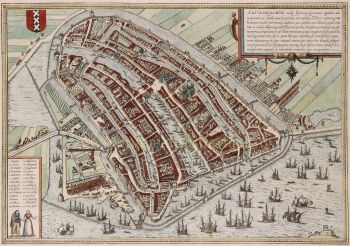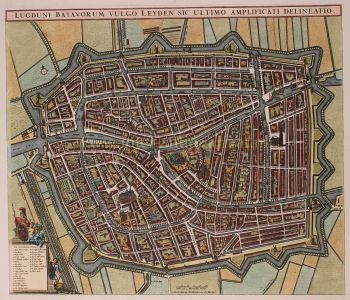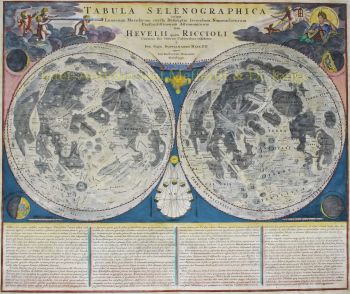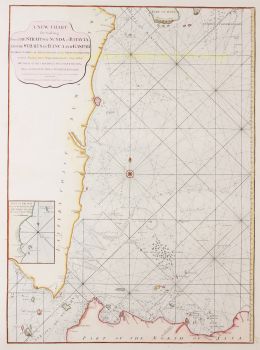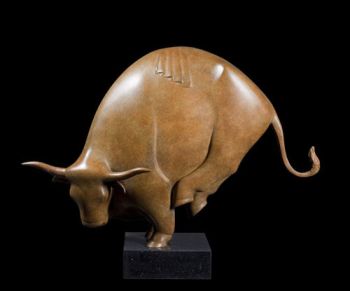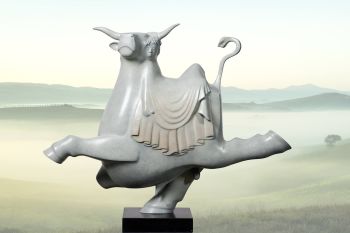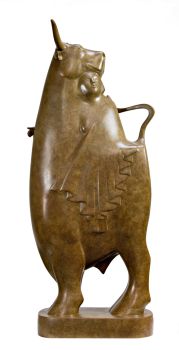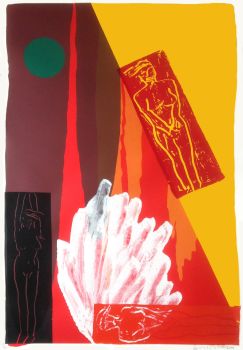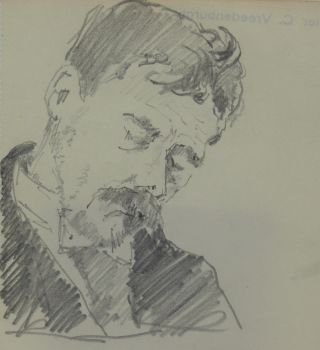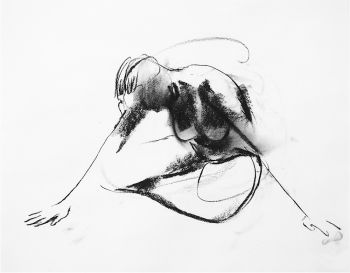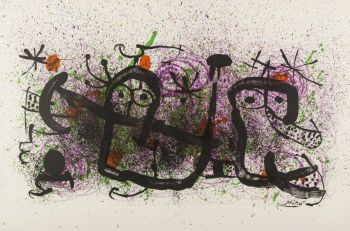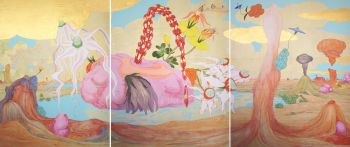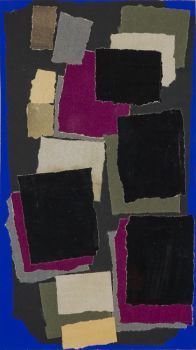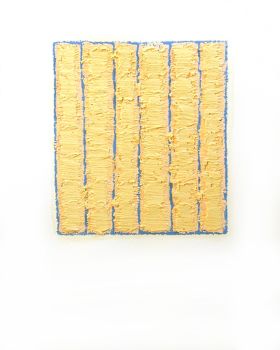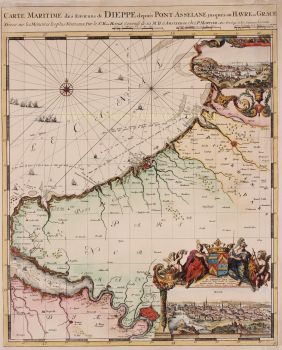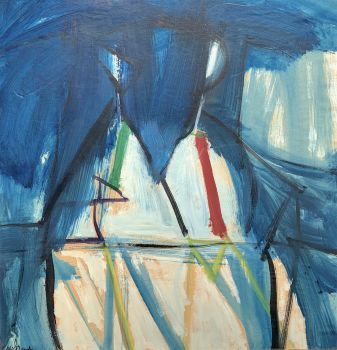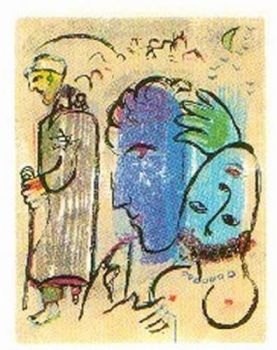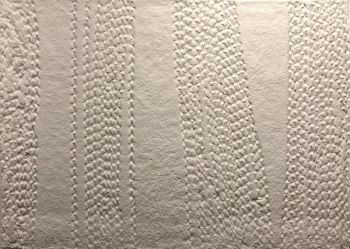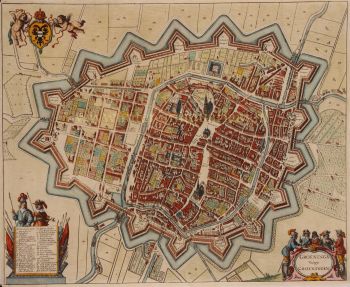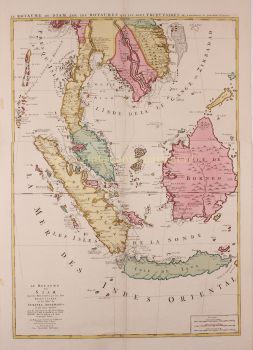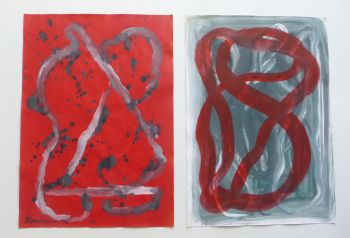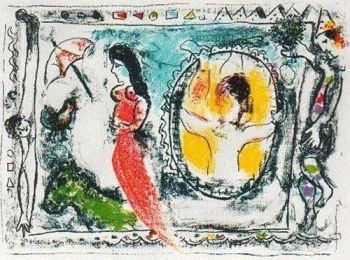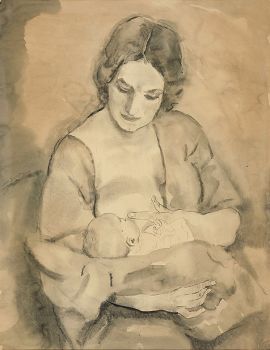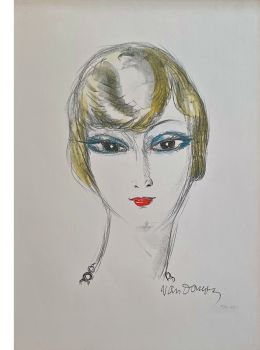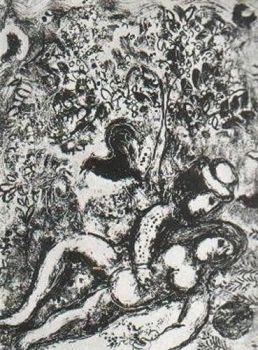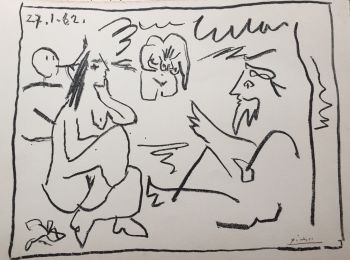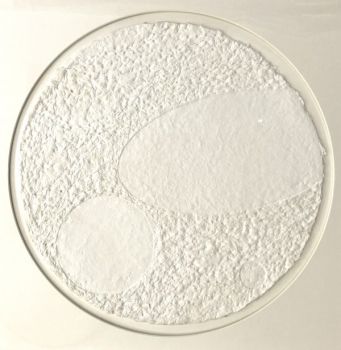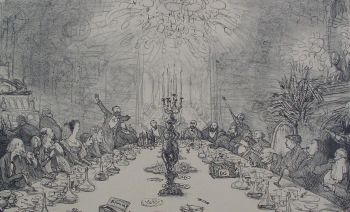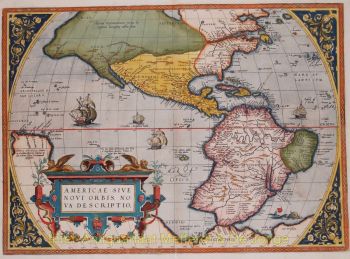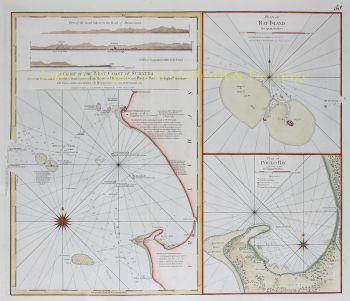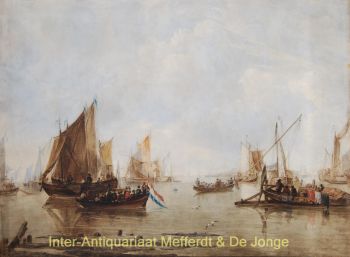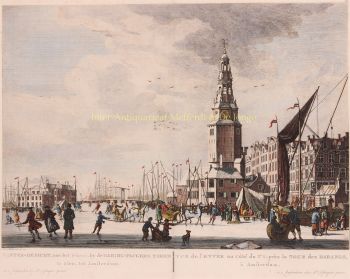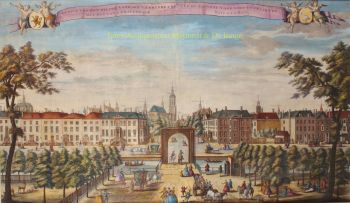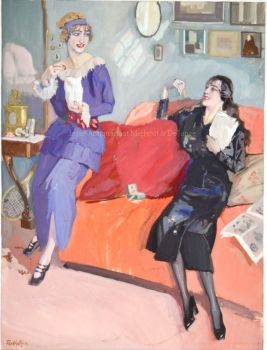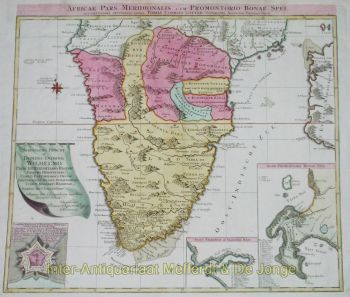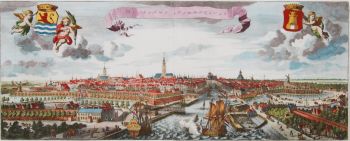Europe 1708
Herman Moll
Papier
58 ⨯ 96 cm
€ 1.350
Inter-Antiquariaat Mefferdt & De Jonge
- Über KunstwerkBEAUTIFUL LARGE FORMAT MAP OF EUROPE “Map of Europe according to the newest and most exact observations” Copper engraving printed from two plates first printed in 1708, here by John and Thomas Bowles for Herman Moll's “New and Compleat Atlas”. Original hand colouring (with later additions?). Size: 58 x 96 cm. The map is dedicated to queen Caroline of Great Britain, of whom we see a portrait, her coat of arms and 4 ornate figures, including two American Indians, an Englishman carrying a Union Jack and an Ottoman in turban and robe, all decorating the cartouche. Caroline of Ansbach (1683-1737) spent her teenage years at the Prussian court in Berlin, renowned for its patronage of artists and architects and its lively intellectual life. Caroline was surrounded by a circle of writers and intellectuals, and shared with them a taste for the visual arts. Her intelligence and keen interest in science and art was recognised in her own lifetime. Caroline was also a keen collector of miniatures, cameos and intaglios. Caroline was wife to George II, and became Queen of Great Britain on his accession in 1727. No surprise this map was decorated with her miniature portrait. The map includes an inset showing the canal which Peter the Great had dug that connected the Volga and the Don, thus connecting the Caspian and Black Seas. A dotted line illustrates the route from the place where the Don and Volga meet, through the Black Sea, through the Bosporus, the Aegean, and the Mediterranean to the Atlantic. Herman Moll was one of the most important London mapmakers in the first half of the 18th Century. Moll was probably born in Bremen, Germany, but moved to London to escape the Scanian Wars. His earliest work was as an engraver for Moses Pitt on the production of the English Atlas, a failed work that landed Pitt in Debtor's Prison. Moll's work quickly helped him become a member of a group that congregated at Jonathan's Coffee House at Number 20 Exchange Alley, Cornhill, where speculators met to trade stock. Moll's circle included the scientist Robert Hooke, the archaeologist William Stukeley, the authors Jonathan Swift and Daniel Defoe, and the intellectually gifted pirates William Dampier, Woodes Rogers, and William Hacke. From these contacts, Moll gained a great deal of privileged information that was included in his maps. Price: Euro 1.350,-
- Über Künstler
Herman Moll (ca. 1654-1732) war einer der bedeutendsten Kartenzeichner Londons in der ersten Hälfte des 18. Jahrhunderts. Moll wurde wahrscheinlich um 1654 in Bremen, Deutschland, geboren. Er zog nach London, um den Scanian-Kriegen zu entkommen. Seine früheste Arbeit war als Kupferstecher für Moses Pitt bei der Produktion des englischen Atlas, einer gescheiterten Arbeit, die Pitt ins Schuldgefängnis brachte. Moll gravierte auch für Sir Jonas Moore, Grenville Collins, John Adair und die Firma Seller & Price. Er veröffentlichte seine ersten Originalkarten in den frühen 1680er Jahren und hatte in den 1690er Jahren sein eigenes Geschäft eröffnet.
Molls Arbeit half ihm schnell, Mitglied einer Gruppe zu werden, die sich in Jonathan's Coffee House in der Nummer 20 Exchange Alley, Cornhill, versammelte, wo sich Spekulanten trafen, um Aktien zu handeln. Zu Molls Kreis gehörten der Wissenschaftler Robert Hooke, der Archäologe William Stuckley, die Autoren Jonathan Swift und Daniel Defoe sowie die hochbegabten Piraten William Dampier, Woodes Rogers und William Hacke. Aus diesen Kontakten gewann Moll viele privilegierte Informationen, die in seine Karten einflossen.
Im Laufe seiner Karriere veröffentlichte er Dutzende von Geographien, Atlanten und Geschichtsbüchern, ganz zu schweigen von zahlreichen Kartenblättern. Seine bekanntesten Werke sind Atlas Geographus, eine monatliche Zeitschrift, die von 1708 bis 1717 erschien, und The World Described (1715-54). Er fertigte auch häufig Karten für Bücher an, darunter die von Dampiers Publikationen und Swifts Gullivers Reisen. Moll starb 1732. Es ist wahrscheinlich, dass seine Platten nach diesem Tod an einen anderen Zeitgenossen, Thomas Bowles, weitergegeben wurden.
Sind Sie daran interessiert, dieses Kunstwerk zu kaufen?
Artwork details
Related artworks
- 1 - 4 / 24
- 1 - 4 / 4
- 1 - 4 / 24
- 1 - 4 / 12


